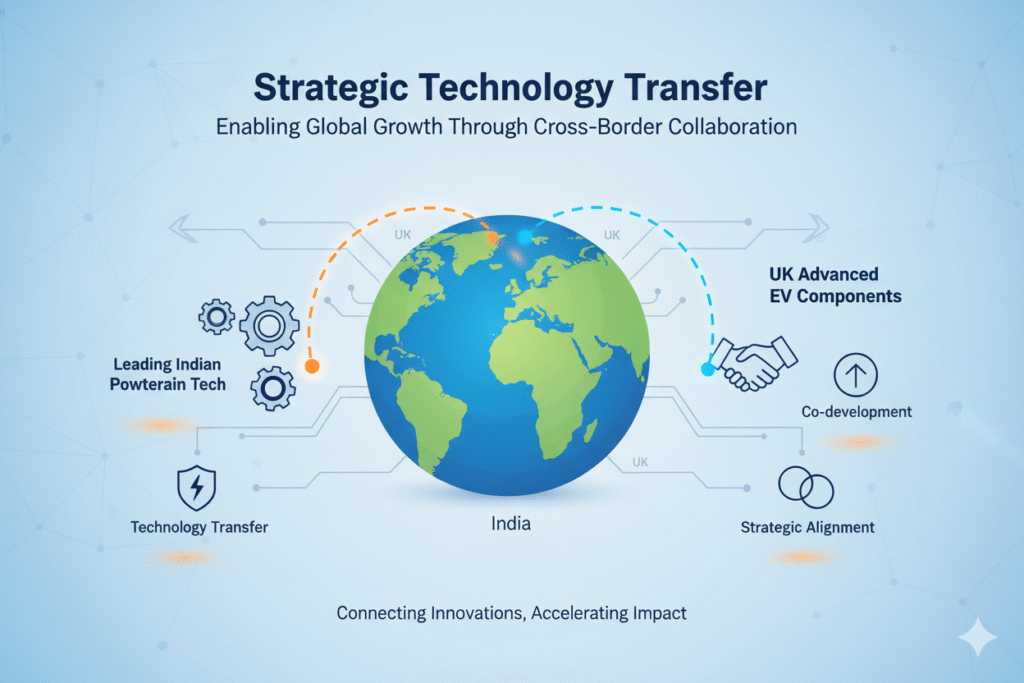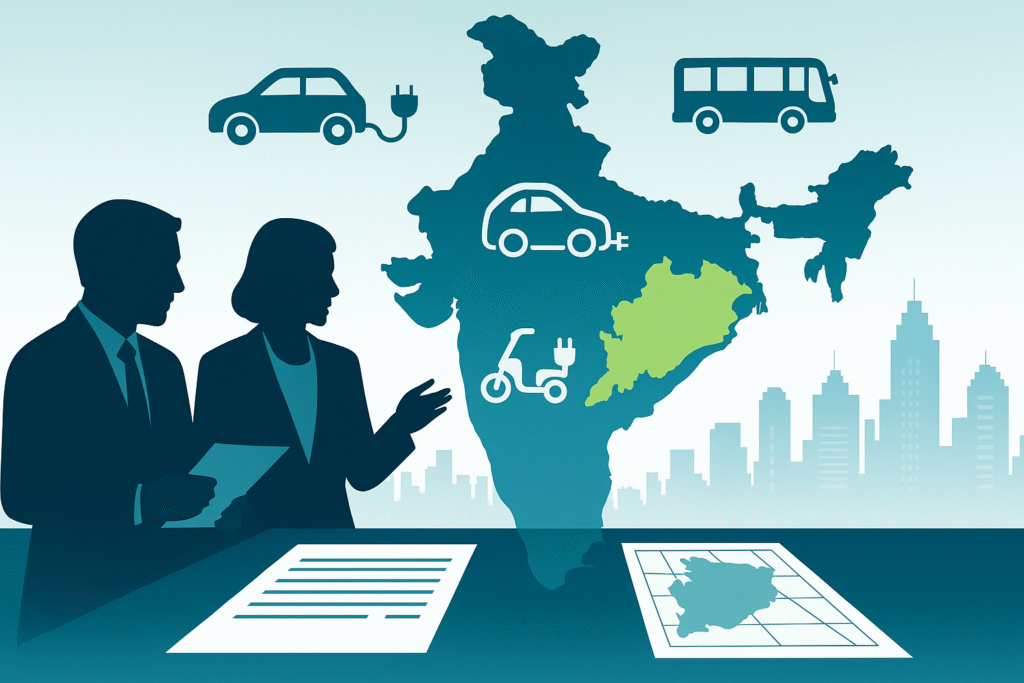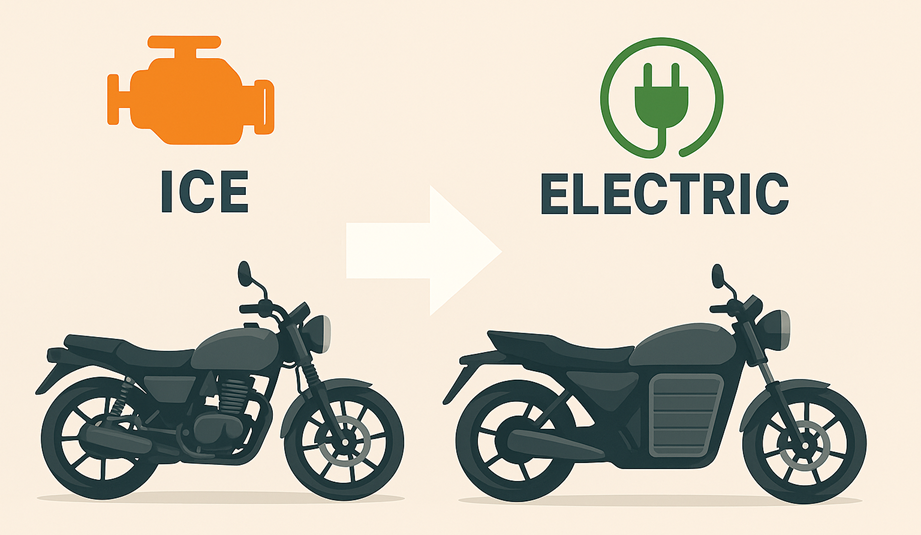Case Studies
Strategic Technology Transfer
Enabling Global Growth Through Cross-Border Collaboration
Through a strategic advisory mandate delivered via a partner entity, LEVE Mobility’s founder facilitated a high-impact collaboration between a leading Indian automotive drivetrain Tier 1, and UK-based manufacturers of advanced electric mobility components. The engagement focused on identifying synergies for technology transfer, co-development opportunities, volume manufacturing, and long-term strategic alignment.
LEVE’s involvement included executive-level facilitation, market and technical positioning analysis, and the co-creation of a shared value proposition. This groundwork enabled both parties to accelerate product development, expand internationally, and strengthen enterprise value.
This case exemplifies the kind of strategic coordination, stakeholder alignment, and cross-sector insight that LEVE Mobility brings to complex mandates. Whether supporting M&A dialogues, technology partnerships, or market entry strategies, LEVE helps clients unlock real-world impact in zero-emission transport — across borders, sectors, and stages of growth.

Looking to expand your mobility business across borders?
LEVE Mobility offers discreet, high-trust advisory support for investors, innovators, and operators in the zero-emission transport space.
Let’s talk. “Book a Zoom Call” today.
EV Policy Guidelines for Odisha, India. With Deloitte
Background
To accelerate clean mobility, Odisha sought a forward-looking EV policy aligned with FAME. IFC (World Bank Group) engaged Deloitte Touche Tohmatsu India LLP to lead state-level EV policy guidelines. LEVE Mobility’s Director, Florencio Cuervo, served as International Consultant to Deloitte India on transport decarbonisation and sustainable mobility.
Challenge
Odisha needed early EV uptake with commercial viability, integrating demand- and supply-side incentives, governance, and PPPs for charging—particularly for the Smart City of Bhubaneswar.
Our Role
LEVE Mobility advised Deloitte India on a balanced incentive framework for 2-w and 3-wheel EVs; recommended standardisation of battery-swapping and harmonised charging tariffs; and shaped stakeholder engagement to raise public awareness, including demonstrations and film-based narratives. International benchmarking from Europe and Latin America informed locally applicable measures.
Outcome
The Electric Vehicle Policy Guidelines were finalised and published by Deloitte India with World Bank support, underpinning Odisha’s subsequent EV policy under FAME. The framework has guided charging-infrastructure planning, incentive design, and private-sector participation across Indian states. The continuing LEVE–Deloitte independent collaboration strengthens strategic advisory for zero-emission mobility.

When global advisory firms seek niche technical depth, LEVE Mobility integrates seamlessly within their teams—offering discreet, high-trust expertise that transforms policy ambition into credible delivery and de-risked innovation.
Let’s talk. “Book a Zoom Call” today.
Electrification Strategy & Business Transformation for a Leading Indian Motorcycle Manufacturer
Delivered by LEVE Mobility as International Expert
Background
In the midst of India’s shift to electric two-wheelers, the country’s largest motorcycle manufacturer engaged LEVE Mobility to build internal capability for electrification. The client’s brief focused on core technical domains—EV/HEV architectures for 2-wheelers, charging-ecosystem choices, regulatory pathways across major markets, supplier landscape, and viable business models. LEVE Mobility deepened this with pre-work research and a structured narrative that linked technology choices to customer value, dealer-readiness, and investment options. Florencio Cuervo then delivered a tailored three-day, on-site programme at the manufacturer’s development centre.
Challenge
The manufacturer faced a decisive shift: transitioning from a predominantly ICE two-wheeler portfolio to competitive electric products under tight market timing. Internal teams lacked immediate depth in battery technologies, EV architectures, and cross-market regulatory requirements, creating a steep learning curve versus rapid external change. A cost-effective supply chain had to be defined, along with best-practice development processes for an electric range. The client required an independent, evidence-led view that consolidated global benchmarks into a coherent, executable roadmap—compressing discovery time, de-risking foundational choices, and aligning investment priorities for near-term delivery.
Our Role
As an international expert within the advisory engagement, LEVE Mobility structured a multidisciplinary transformation process, blending technical analysis with forward-looking business modelling. The programme encouraged participants to explore new value propositions and ecosystem approaches, using illustrative case examples and modular electrification concepts derived from LEVE Mobility’s eMoTria framework. The facilitation helped senior teams articulate a vision beyond traditional vehicle manufacturing—one centred on integrated mobility services, digital connectivity, and collaborative innovation. The advisory included the transformation of the supply chain and new skills and new models of dealership, retail and customer experience.
Outcome
The programme helped realign corporate strategy and stimulate a new phase of innovation. The client subsequently defined a dedicated electric motorcycle business ecosystem, and forged global partnerships that reflected the principles explored during the sessions. The shift reinvigorated its domestic and international presence, positioning it as a key actor in India’s transition to clean and connected mobility, globally.
This engagement showcased LEVE Mobility’s capability to blend technical expertise with strategic foresight—supporting major OEMs and consultancies worldwide in redefining how established manufacturers thrive in the era of electric transformation.

